
Green hills patched with April, snow and I’ve chosen to celebrate. with a full slate of patients.

Green hills patched with April, snow and I’ve chosen to celebrate. with a full slate of patients.
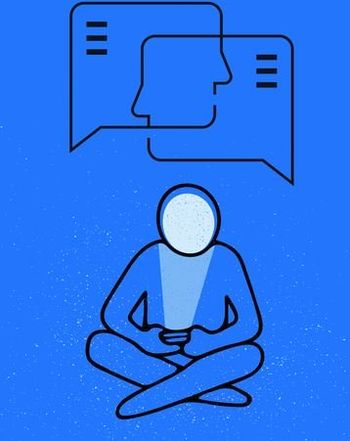
In this age of chat rooms and social media, an ever-growing number of psychiatric patients use the internet to find their treatment community online.
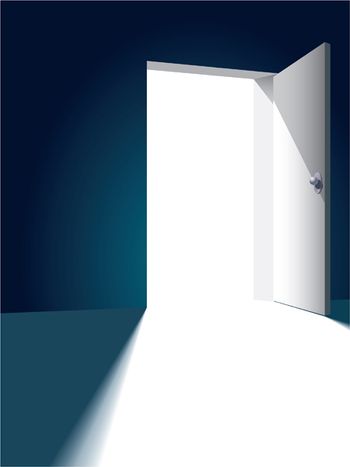
A tribute to the life and work of psychiatrist Walter Weintraub, MD.

Pretreatment assessment of functional brain connectivity in patients with major depressive disorder may predict treatment response, according to new study.

Careful consideration and discussion of risks of treatment and under-treatment (or no treatment) can help can decrease the risk of decompensation during pregnancy or the postpartum period.

Some of the most challenging decisional capacity consultations are requests to determine if a patient has the capacity to participate in discharge planning.
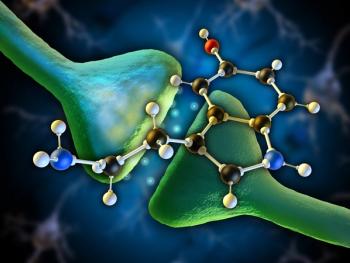
High levels of vitamin D-binding protein may hold promise for use as a diagnostic biomarker of pediatric BD.

A new study makes the case for universal screening in patients who appear to be most vulnerable to underdiagnosis.

When the treatment doesn’t work, consider the options. Or, question your diagnosis.

IOP Redefined. We thought that the value of an IOP for addiction could be so much more. Locked into decades of uninspired routine, it was time to see what would happen if we removed the old premise that you needed to drive to a meeting. Turns out, it changed everything.

Residents, students, and fellows are invited to submit a manuscript on the topic, “Tardive Dyskinesia." More in this courtesy post.

PTSD in late life can result from trauma that occurred much earlier or can follow traumatic events that occurred for the first time in old age.
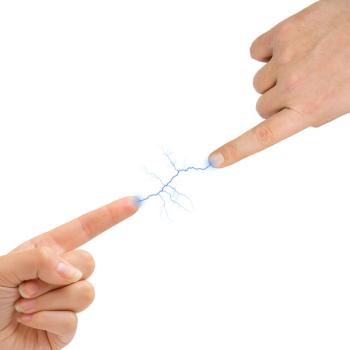
This exclusive interview covers the importance of interaction and measurement in learning for patients and physicians. What makes interaction in a learning environment difficult for people? Can doctors "learn" to tolerate that not every patient likes them?

In the elderly, falls are a common and important problem. In the US, fall-related injuries cost approximately $30 billion per year, and about 30% of older adults fall at least once in a given year.

A structured training program for parents of children with ADHD was highly successful in ameliorating a number of behaviors and symptoms associated with the disorder.

Are they hallucinations or distortions?

In the past decade, the effects of antidepressants on the QT interval and the subsequent risk of cardiac arrhythmias have become a notable concern. When the FDA released a drug safety communication about the risk of abnormal changes in the electrical activity of the heart with citalopram, providers learned to consider this risk as not only an adverse effect of a specific medication, but also the consequence of drug-drug interactions.
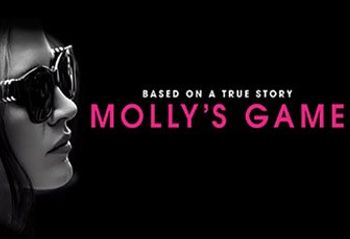
The game looks disarmingly simple. In fact, it’s alarmingly complex.

Neuroscience education for psychiatrists and the general public are covered in this interview with the Vice Chair for Education and Director of Resident Education in the department of psychiatry at Columbia University.
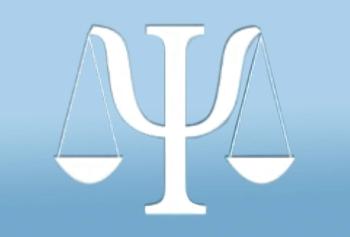
Test your knowledge on strategies to reduce and prevent restraints and seclusions among children and adolescents in psychiatric settings.

After he juggles three chainsaws and spins twenty plates balanced on sticks, he moves to the grand finale: ten Bowler hats tossed across the arena and stacked on the ringmaster’s head.
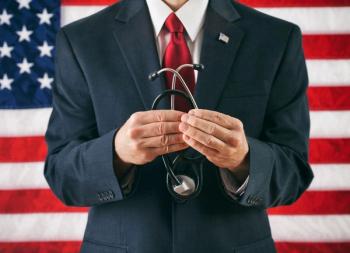
The name of the subspecialty Psychosomatic Medicine has become Consultation-Liaison Psychiatry. And the Academy of Psychosomatic Medicine has changed its name to the Academy of Consultation-Liaison Psychiatry. Here's why.

Practical guidance for psychiatrists who wish to confidently address questions regarding genetics that may be posed by patients and their families.
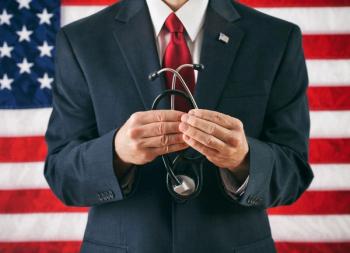
A month ago, we opened a poll about the Goldwater Rule and its controversy regarding the mental status of President Donald Trump. Here's what we found.

Over the years, I have found a number of metaphors, adages, and even a parable to be helpful in letting my patients know that they have been heard and to provide them with psychological comfort and support.
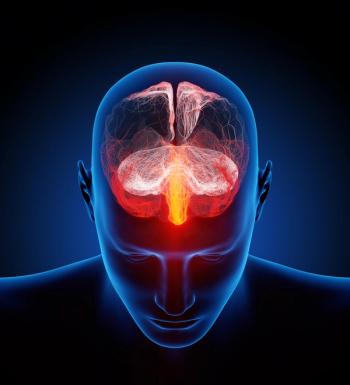
Transcranial direct current stimulation delivery systems differ from one another in design, action, and results. One has been shown to be significantly better than sham treatment for bipolar depression. What does this mean for clinical practice?
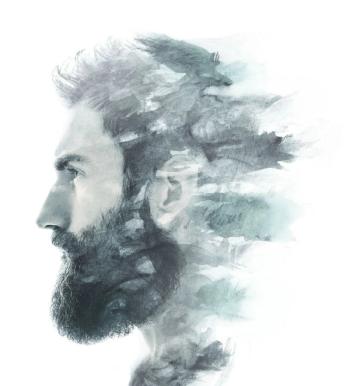
Here's a debate about a statistic the NIMH has posted on its website that, says one critic, significantly underestimates the number of adults with schizophrenia in the US and potentially affects their care. The Director of the NIMH responds.

The last major study of the prevalence of schizophrenia in the US was carried out in the early 1980s. The results from that study have been used for 3 decades.

A response from the NIMH director.

A 67-year-old man complains of memory loss, difficulty with finances, mood swings, anxiety, and generalized weakness after a recent ICU hospitalization. After reading the case, take the quiz.